(AfroGamers.com) In part one, we mainly focused on ineffective, incompetent authority in anime and manga. We didn’t even get into comics when it comes to bumbling government or being so bad at your job a disaster occurs.
It’s worth noting that in American comics, there is a reason for why it’s not unusual to have corrupt cops, lazy police chiefs, mayors on the take, evil presidents, or cities where the heroes do the job of the police—sans the pay. Then again, if they were paid they would be government superheroes and that’s always proven to be a problem.
No, the reason for this lies in the Comics Code. The short of it was that in the 1950s and 1960s, the U.S was in the throes of one its many moral panics/witch hunts. Some stuffy lobbyists, busy-bodies, and politicians came to the conclusion that comics were part of thing ruining the youth—along with devil’s music, devil’s lettuce, and whatever other “subversive elements.”

The Comics Code Wasn’t Having It
Actually, this was just part of a larger witch hunt but that gets into politics and history. One of the terms of the Comics Code involved how law enforcement and government officials are depicted. This particular rule from the 1954 code:
Policemen, judges, government officials, and respected institutions shall never be presented in such a way as to create disrespect for established authority.
This meant for years, police weren’t to be depicted as corrupt or patsies—even if Batman is doing all their heavy lifting or they’re in a standoff with a bank robber and need Superman to walk them down. You would see both situations in those early comics—before the writing got better—and it’s just vigilantes helping the cops.
Actually, the cops were more accepting of adults in underwear solving their problems back them. The pre-hatred of paperwork days.
That rule was also tied into other rules that made it hard for layered, poignant stories to be written without taking some risk as was the case with EC Comics and the stories they often published. Hell, an iconic franchise like The X-Men had to work around these restrictions. At the time, Marvel Comics set out to produce a superhero group that reflected times while also tackling issues of the times while going on adventures and facing down threats.
Mutants were considered different from humans but you had these other Marvel titles where superhumans were lauded for saving the world or stopping the criminals. The X-Men would do the same but faced prejudice. It’s not like the difference between mutants/mutates/gods/disguised aliens were known to 1960s 616 dwellers.
However, that rule meant that the U.S government couldn’t be depicted as a force of oppression. Another rule tied to this meant that Magneto couldn’t be sympathized with nor could Senator Kelly be punished for targeting mutants:
Crimes shall never be presented in such a way as to create sympathy for the criminal, to promote distrust of the forces of law and justice, or to inspire others with a desire to imitate criminals.
Inclusion of stories dealing with evil shall be used or shall be published only where the intent is to illustrate a moral issue and in no case shall evil be presented alluringly, nor so as to injure the sensibilities of the reader.
In every instance good shall triumph over evil and the criminal punished for his misdeeds.
If you present bigotry and racism as an evil, Kelly should be punished but you can’t depict the government unfavorably—even if it’s just the one guy pushing for mutant killing robots. And you certainly can’t have people warming up to Magneto and feeling “Well, Robert Kelly is such a d**k maybe Magneto ain’t wrong.”
Again, rules for comics written during a time when the country was involved in war and social issues—and there was a distrust of the government by people who got shafted and soldiers left out to dry.
By 1970s, those themes were explored and the writing became less “Aquaman saved some sailors” and more “What is Superman even fighting for if you’re all treating each other like this?”
A Dreddful Use of Power
My favorite depiction of the ineffective/incompetent authority in western comics has to be President Robert Booth from the Judge Dredd franchise. This guy was the prime example of “Don’t let him have the launch codes.”
I’ve said a lot about Judge Dredd, Booth, and the world of Dredd over the years but someone who could cause a global nuclear apocalypse as well as a civil war off of big d**king—incompetent. The 22nd century is a mess and the only effective authority happens to be the Judges. Sure, there’s issues among the Judges and with each decade of publication their power seems to weaken but it’s better than being under Booth.
I suppose you could say that Booth was effective at destroying the world or rather d**king the world, especially with all the mayhem that followed as the U.S and other countries got back “normal”.
Staff Writer; M. Swift
This talented writer is also a podcast host, and comic book fan who loves all things old school. One may also find him on Twitter at; metalswift.

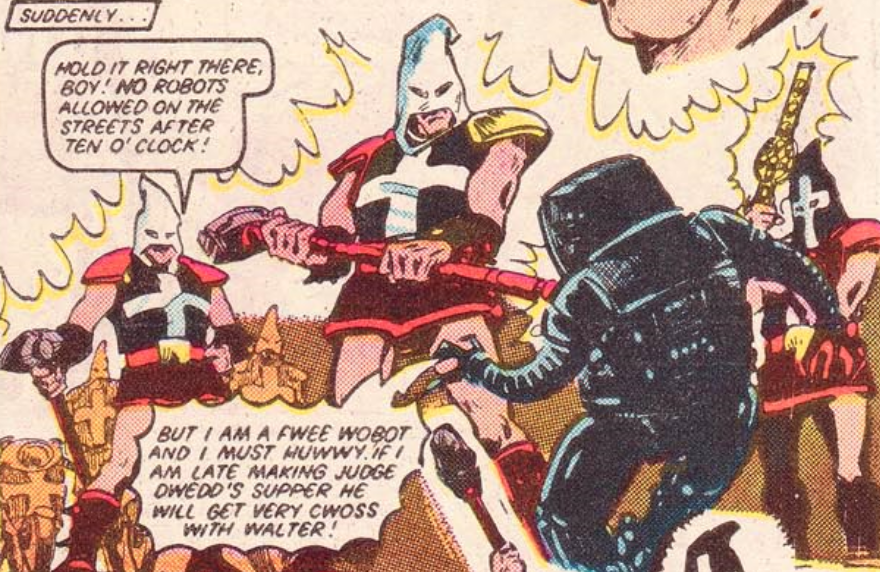




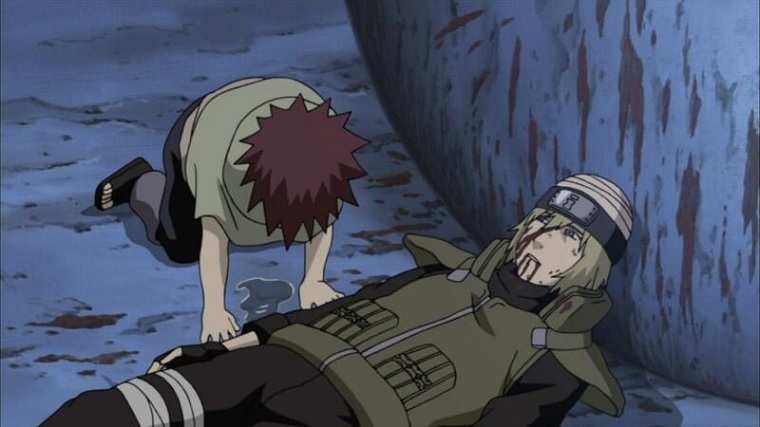


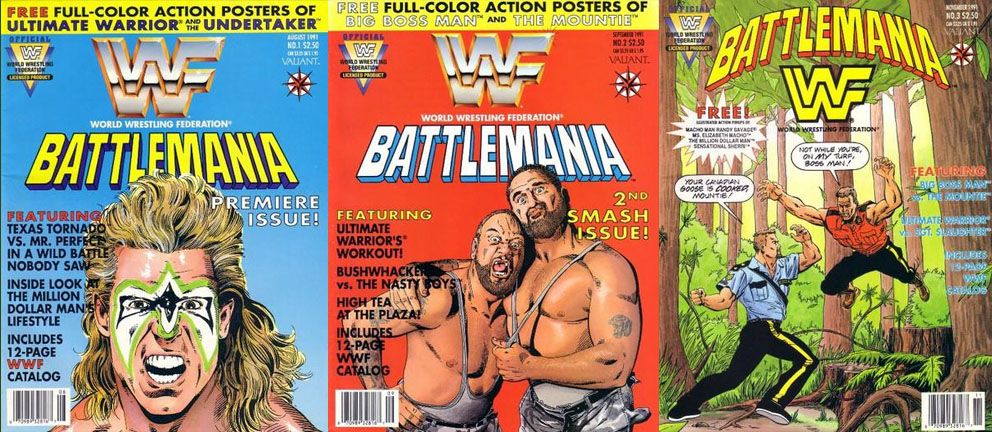

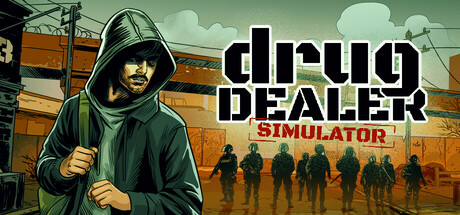
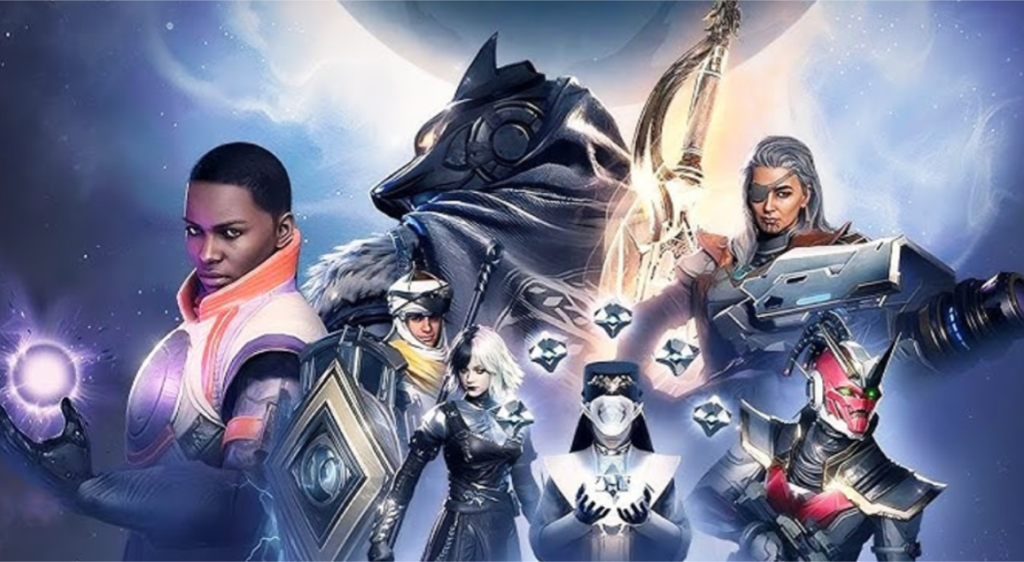
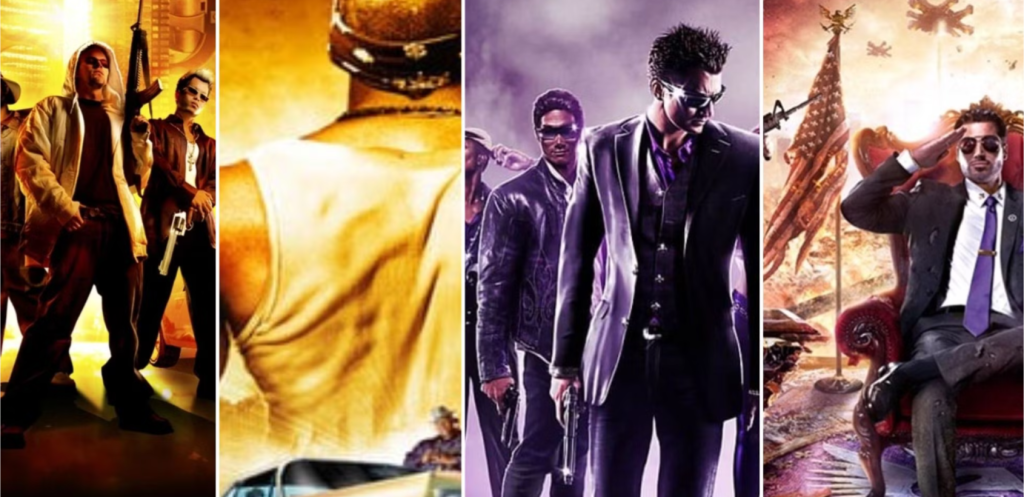

Leave a Reply